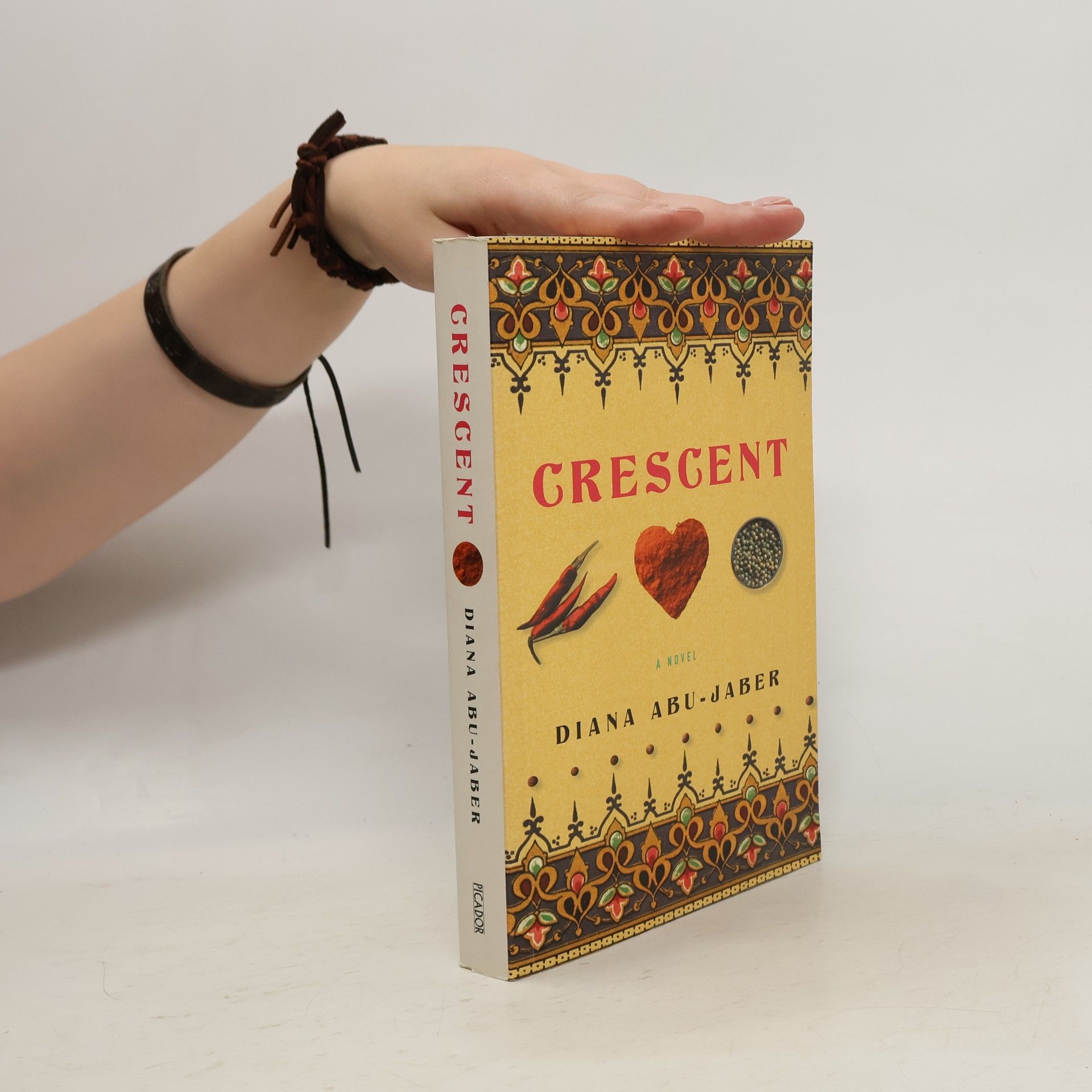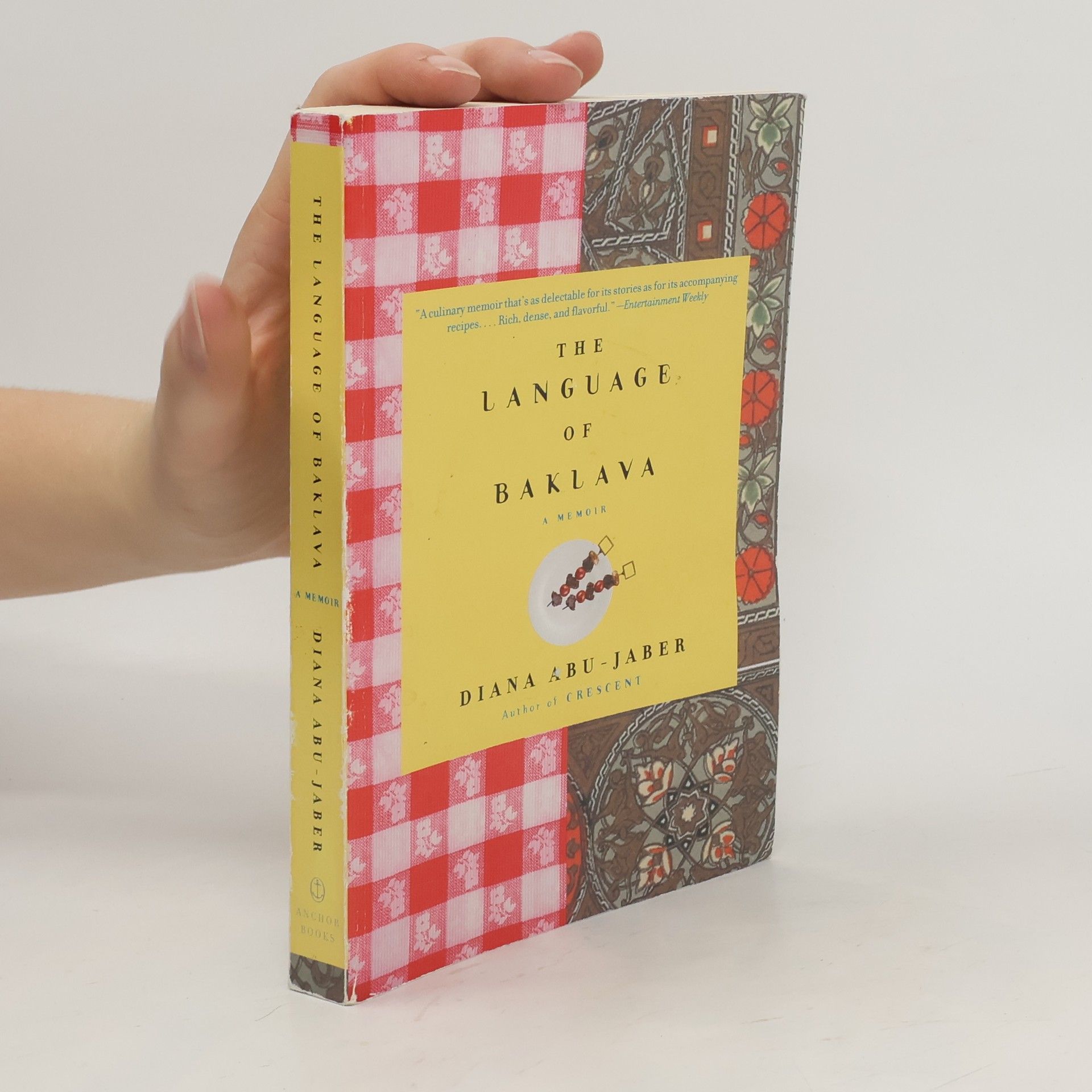The Palestinians
- 144pagine
- 6 ore di lettura
Diana Abu-Jaber's writing explores the complexities of identity and culture, often weaving together personal narrative with broader societal themes. Her work is characterized by a rich, evocative style that delves into the nuances of human relationships and the search for belonging. Through her prose, she examines the intersections of heritage and contemporary life, offering readers insightful perspectives on tradition and modernity. Abu-Jaber's distinctive voice invites contemplation on the universal quest for understanding and connection.






"Wedding facts to poetics, Dr. Kamel Abu Jaber reveals the special qualities of Jordan and its people...Still amazingly relevant after over forty years." Sally Bland book reviewer at the Jordan Times.
Diana Abu-Jaber’s vibrant, humorous memoir weaves together delicious food memories that illuminate the two cultures of her childhood—American and Jordanian. Here are stories of being raised by a food-obsessed Jordanian father and tales of Lake Ontario shish kabob cookouts and goat stew feasts under Bedouin tents in the desert. These sensuously evoked repasts, complete with recipes, paint a loving and complex portrait of Diana’s impractical, displaced immigrant father who, like many an immigrant before him, cooked to remember the place he came from and to pass that connection on to his children. The Language of Baklava irresistibly invites us to sit down at the table with Diana’s family, sharing unforgettable meals that turn out to be as much about “grace, difference, faith, love” as they are about food.
Thirty-nine-year-old Sirine, never married, lives with a devoted Iraqi-immigrant uncle and an adoring dog named King Babar. She works as a chef in a Lebanese restaurant, her passions aroused only by the preparation of food—until an unbearably handsome Arabic literature professor starts dropping by for a little home cooking. Falling in love brings Sirene's whole heart to a boil—stirring up memories of her parents and questions about her identity as an Arab American.
A mesmerising breakthrough novel of family myths and inheritances by the award-winning author of Crescent
Sami would stop at nothing to save her Lebanese grandmother, Sitti. But family secrets lead to hidden worlds and more than just Sitti's fate hangs in the balance. The perfect read for fans of The Girl Who Drank the Moon. Sitti, Sami's Lebanese grandmother, has been ill for a while, slipping from reality and speaking in a language only Sami can understand. Her family thinks Sitti belongs in a nursing home, but Sami doesn't believe she's sick at all. Desperate to help, Sami casts a spell from her grandmother's mysertious charm book and falls through an ancient mirror into a world unlike any other. Welcome to Silverworld, an enchanted city where light and dark creatures called Flickers and Shadows strive to live in harmony. But lately Flickers have started going missing, and powerful Shadow soldiers are taking over the land. Everyone in Silverworld suspects that Shadow Queen Nixie is responsible for the chaos, which is bad enough. But could Nixie be holding Sami's grandmother in her grasp too? To save Sitti and Silverworld, Sami must brave adventure, danger, and the toughest challenge of all: change.
The "Arab Ba'th Socialist Party" was first published in 1966 by Syracuse University Press and has been revised and republished in 2024 by Hesperus Press with a foreword by Dr. Philip Hitti and a new introduction by Professor Tareq Tell from the American University of Beirut. This book is still considered an important reference to academics and students of Middle Eastern history, political science, and political ideologies, viz. Socialism and the Ba'th party.
Als in een Amerikaans stadje kort achter elkaar enkele baby's overlijden, denkt men aanvankelijk aan wiegendood, maar men moet die theorie al snel laten varen.